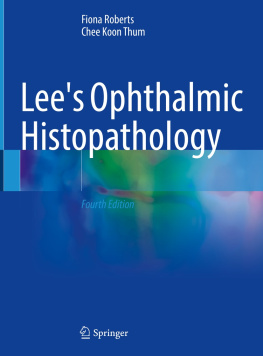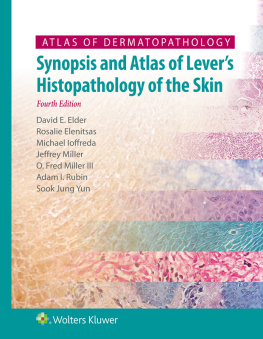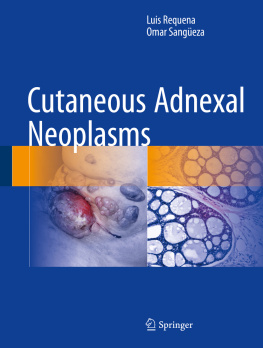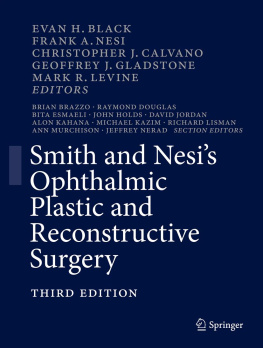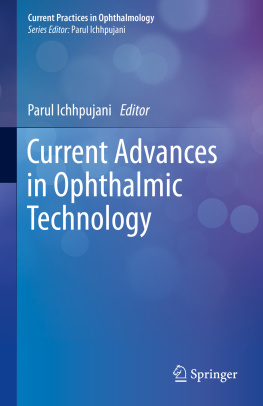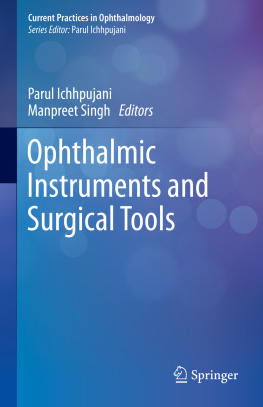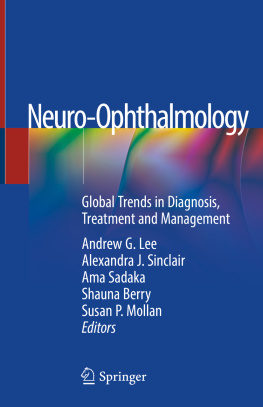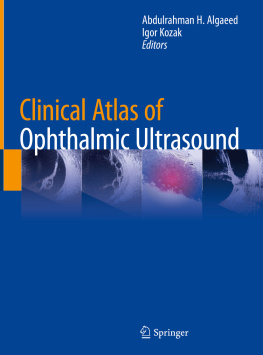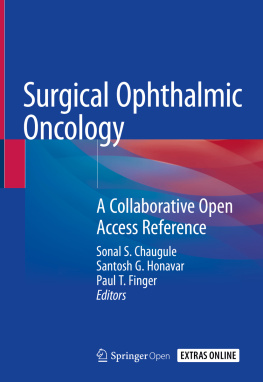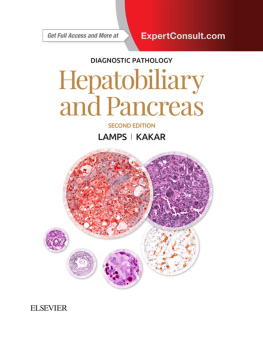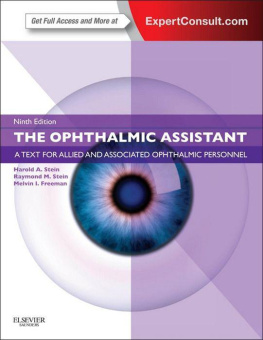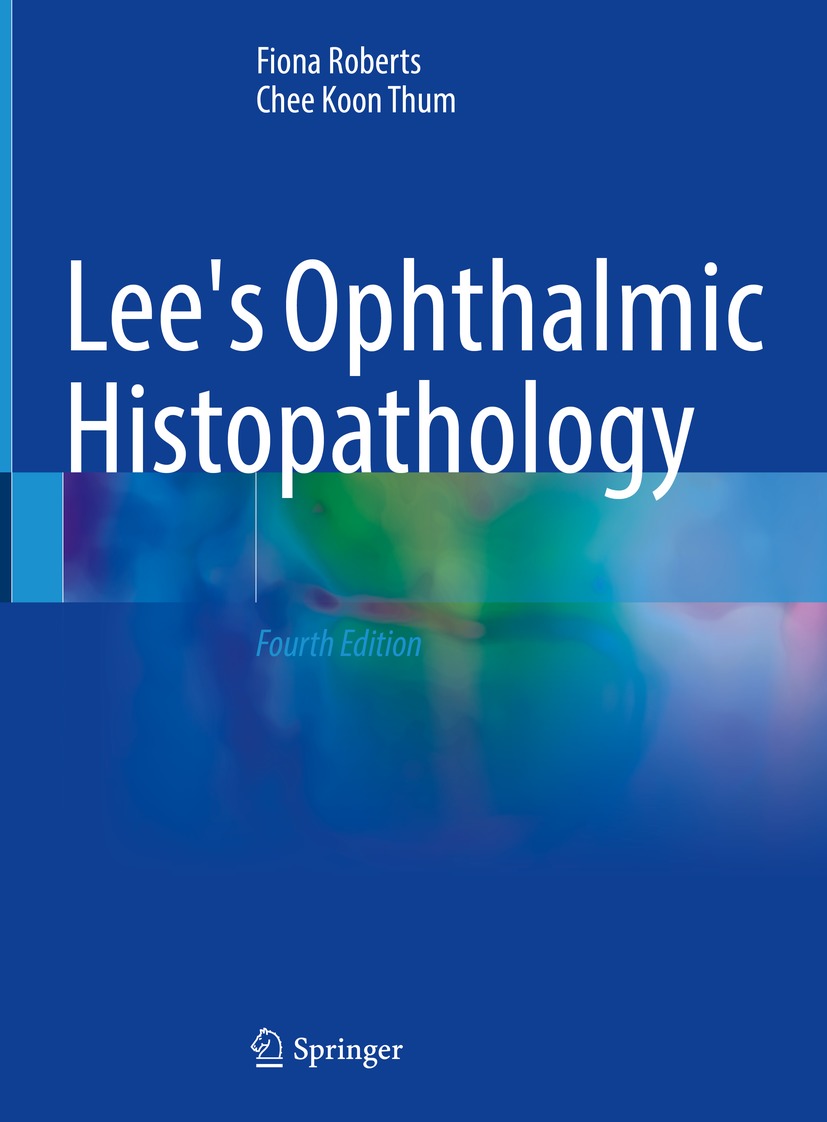Fiona Roberts and Chee Koon Thum
Lees Ophthalmic Histopathology
4th ed. 2021

Logo of the publisher
Fiona Roberts
Department of Pathology, Queen Elizabeth University Hospital, Glasgow, UK
Chee Koon Thum
Department of Pathology, Royal Infirmary of Edinburgh, Edinburgh, UK
ISBN 978-3-030-76524-8 e-ISBN 978-3-030-76525-5
https://doi.org/10.1007/978-3-030-76525-5
Springer Nature Switzerland AG 2014, 2002, 1993, 2021
This work is subject to copyright. All rights are reserved by the Publisher, whether the whole or part of the material is concerned, specifically the rights of translation, reprinting, reuse of illustrations, recitation, broadcasting, reproduction on microfilms or in any other physical way, and transmission or information storage and retrieval, electronic adaptation, computer software, or by similar or dissimilar methodology now known or hereafter developed.
The use of general descriptive names, registered names, trademarks, service marks, etc. in this publication does not imply, even in the absence of a specific statement, that such names are exempt from the relevant protective laws and regulations and therefore free for general use.
The publisher, the authors and the editors are safe to assume that the advice and information in this book are believed to be true and accurate at the date of publication. Neither the publisher nor the authors or the editors give a warranty, expressed or implied, with respect to the material contained herein or for any errors or omissions that may have been made. The publisher remains neutral with regard to jurisdictional claims in published maps and institutional affiliations.
This Springer imprint is published by the registered company Springer Nature Switzerland AG
The registered company address is: Gewerbestrasse 11, 6330 Cham, Switzerland
For Lucy, Patrick, Thum San and Liew Yoke Chan
Preface to the Fourth Edition
Over the last six years ophthalmic pathology continues to expand particularly in the fields of immunohistochemistry, molecular pathology and digital pathology. Maintaining the original format, based on the specimens as they are received in the laboratory and including these developments, has been a major challenge. Again we have aimed to maintain helpful and entertaining anecdotal cases and continued the heavy emphasis on illustrations. References, with an emphasis on reviews, have been extensively updated. This updated version will hopefully provide a sound starting point for those interested in or dealing with ophthalmic pathology specimens.
Fiona Roberts
Glasgow, UK
Preface to the Third Edition
The second edition of this book was written by my predecessor, Professor William Lee, more than 10 years ago. Over that time, the field of ophthalmic pathology has massively expandedparticularly in the fields of tumour diagnosis and molecular biology. The aim of the third edition is to provide a summary of these developments but also to maintain the original approach of this book to ophthalmic pathology based on specimen handling, basic morphology, and producing a comprehensive and relevant report for the ophthalmologist. The text has been extensively revised but I have aimed to maintain Professor Lees helpful and entertaining anecdotal cases and added a few of my own. The heavy emphasis on illustrations has also been carried over from the second edition and almost all images (barring the esoteric cases) are now in colour. A list of recent references has been included for each chapter. Hopefully this book will provide the basis for the reader to further explore the literature in areas of interest.
Fiona Roberts
Glasgow, UK
Preface to the Second Edition
The first edition of this book was written prior to 1991, and it seemed appropriate to revise and update the text in view of the rapid expansion in information which has occurred in the last decade. Furthermore, in the first edition, the reproduction of some of the illustrations was not of sufficient standard to be of value to the reader. Accordingly some of the inadequate figures have been replaced by colour figures which have been inserted into the text. Colour has also been included because many histopathological illustrations, e.g. special stains such as Gram, PAS, trichrome stains, etc., and immunohistochemical reactions, are much better appreciated. With regard to references, I have taken advantage of the currently available access to all the medical literature, which is what I anticipate will be the course of action of the reader.
W. R. Lee
Glasgow, UK
Preface to the First Edition
This book has been written to give guidance to histopathologists who are dealing with pathological specimens submitted by ophthalmologists, whether in a general pathology laboratory or in a specialist ophthalmic pathology laboratory. The bias has been given to the diseases encountered commonly in the routine service or in the autopsy room, and the intention is to show how to achieve the maximum information from each specimen. Conventional textbooks deal with diseases of the eye on an anatomical basis, but this is inappropriate for a histopathologist who is studying a globe in which the disease has varying effects on each of the individual tissue components. While unconventional, it seemed more acceptable to lay the book out under the relatively limited and broad headings which ophthalmologists use as indications for enucleation: trauma, tumour, endophthalmitis, vascular disease, etc. It also seemed logical to include a separate chapter on ocular disease as it is encountered in the autopsy room and, continuing the theme, to consider a keratoplasty specimen and the topics of orbital biopsy and conjunctival biopsy in separate chapters. In each pathological process, whenever appropriate, it was important to include the effects of modern therapeutic measures because this is one of the main features of interest for the clinician. For the beginner, an introductory chapter on the techniques and rationale of the preliminary systematic macroscopic examination of a globe has been included with an account of the supplementary techniques which are essential for an accurate diagnosis.
There are many excellent textbooks in ophthalmic pathology, and the larger books carry extensive bibliographies. One or more of the comprehensive textbooks should be available for consultation to supplement the information provided here. Since it is now relatively simple to carry out literature searches using computerised systems, the bibliography in this book has been limited to the most recent references available at the time of writing.
W. R. Lee
Glasgow, UK
Acknowledgements
We are indebted to Julie MacLean, Tom Morin and Ian Downie all from the Department of Pathology, Queen Elizabeth University Hospital, Glasgow. In our pursuit of new images Julie has interrogated our data base, Tom retrieved endless cases for us from archive and Ian digitised all images. We are grateful to them all.
Contents

